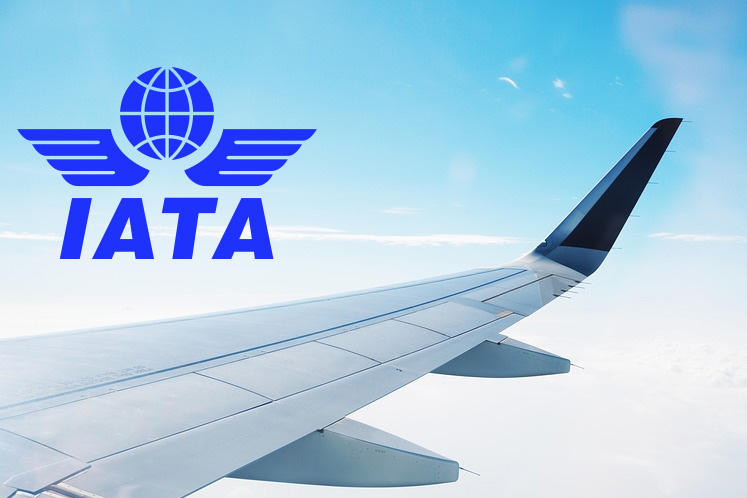
KUALA LUMPUR (March 13): The International Air Transport Association (IATA) has called on governments to respond quickly to the financial frailty of airlines amid the coronavirus (Covid-19) outbreak.
“These are extraordinary times and governments are taking unprecedented measures. Safety — including public health — is always a top priority. Airlines are complying with these requirements. Governments must also recognise that airlines — employing some 2.7 million people — are under extreme financial and operational pressures. They need support,” said the global airlines grouping's director-general and CEO Alexandre de Juniac in a statement today.
It was responding to the US government’s banning of non-US citizens and individuals who are not legal permanent residents of the US, who have been in the Schengen area in the past 14 days from entry into the US.
"When taking such measures, IATA urged governments to prepare for the adverse economic impact that they will cause. The dimensions of the US-Europe market are enormous," said de Juniac.
IATA noted that last year, there were around 200,000 flights scheduled between the US and the Schengen area. This is equivalent to around 550 flights per day. There were also some 46 million passengers, which is equivalent to 125,000 travellers per day.
While the US measure recognises the need to continue to facilitate trans-Atlantic trade, the economic fallout of this will be broad.
“Suspending travel on such a broad scale will create negative consequences across the economy. Governments must recognise this and be ready to support,” said de Juniac.
He noted that airlines are already struggling with the severe impact that the Covid-19 crisis has had on their business.
The US measures will add to this financial pressure. The total value of the US-Schengen market in 2019 was US$20.6 billion. The markets facing the heaviest impact are US-Germany (US$4 billion), US-France (US$3.5 billion) and US-Italy (US$2.9 billion).
“This will create enormous cash-flow pressures for airlines. We have already seen (British carrier) Flybe go under. And this latest blow could push others in the same direction.
"Airlines will need emergency measures to get through this crisis. Governments should be looking at all possible means to assist the industry through these extreme circumstances. Extending lines of credit, reducing infrastructure costs, lightening the tax burden are all measures that governments will need to explore," said de Juniac.
"Air transport is vital, but without a lifeline from governments we will have a sectoral financial crisis piled on top of the public health emergency," he added.
On March 5, IATA estimated that the crisis could wipe out some US$113 billion of revenue. That scenario did not include such severe measures as the US and other governments including Israel, Kuwait, and Spain have since put in place.
“We urge the US and other governments that have placed travel restrictions to follow the World Health Organization guidance. This is fast evolving. Health and safety are the top priorities for governments and the air transport sector. But the effectiveness and necessity of travel restrictions must be continuously reviewed,” said de Juniac.